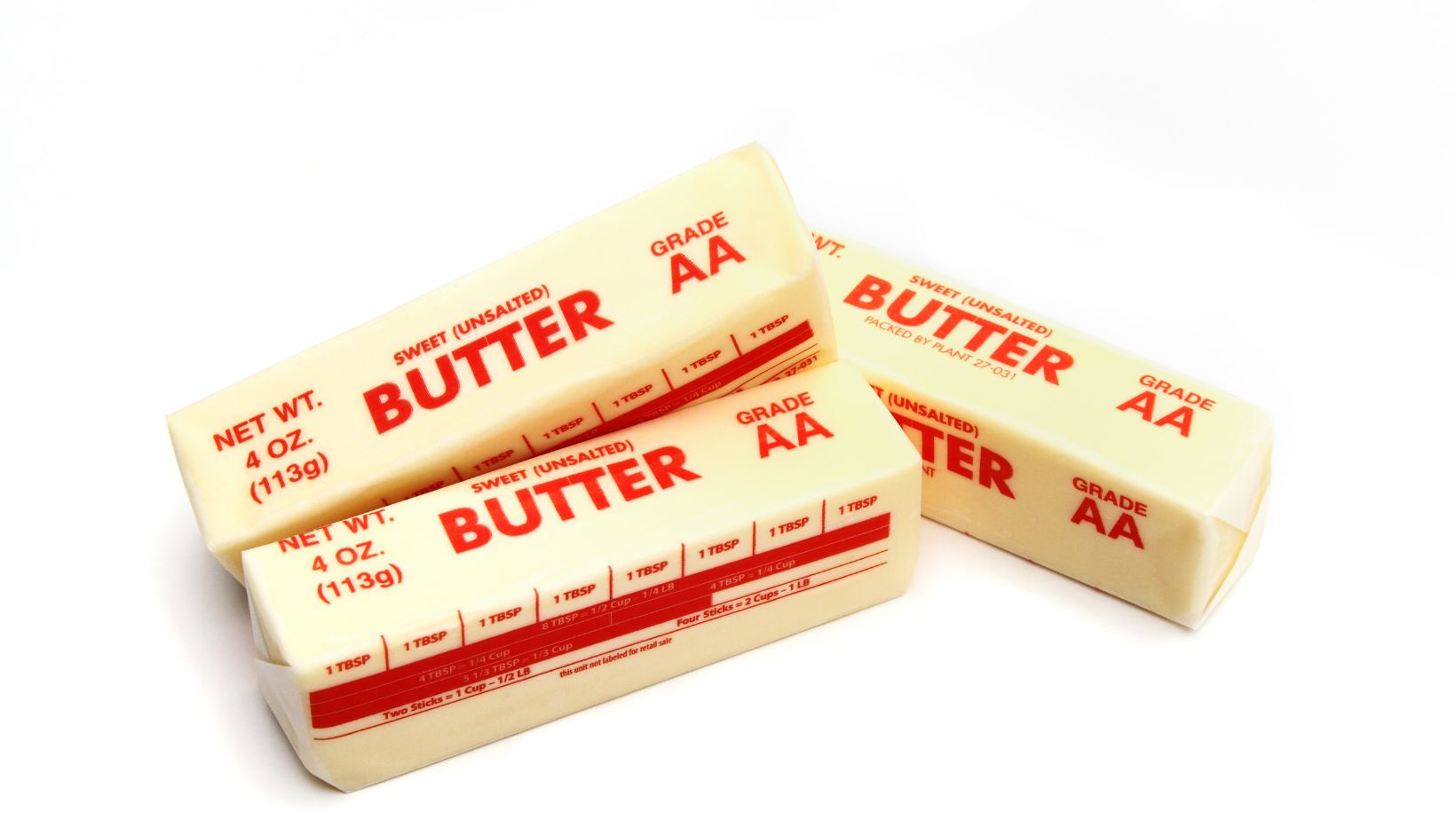
Salted Or Unsalted Butter For Keto
Are you wondering whether to choose salted or unsalted butter for your keto diet? Well, let me help shed some light on this topic. When it comes to butter, both salted and unsalted varieties can be consumed on a keto diet. However, there are a few factors to consider before making your decision.
One important aspect to keep in mind is the sodium content in salted butter. While a small amount of salt can enhance the flavor of dishes, excessive sodium intake may not align with your dietary goals. If you’re closely monitoring your sodium intake or have specific health concerns, opting for unsalted butter might be a better choice.
On the other hand, if you enjoy the added savory taste that salted butter brings to your meals and are not concerned about sodium levels, then using salted butter sparingly should be fine within the context of a well-balanced ketogenic diet.
Ultimately, the decision between salted and unsalted butter boils down to personal preference and individual dietary needs. Remember to prioritize quality when selecting your butter and consider moderation as key in maintaining a healthy keto lifestyle.
Benefits of Using Butter on a Keto Diet
When it comes to following a keto diet, incorporating butter into your meals can offer several benefits. Butter is not only rich in flavor but also provides essential nutrients that support the goals of a ketogenic lifestyle. Let’s explore some of the advantages of using butter on a keto diet.
- High Fat Content: Butter is primarily composed of healthy fats, making it an ideal choice for those following a high-fat, low-carb diet like keto. The high fat content in butter helps keep you satiated and promotes feelings of fullness, which can be beneficial when trying to maintain ketosis and control cravings.
- Rich Source of Vitamins: Butter contains essential fat-soluble vitamins such as vitamin A, E, and K2. These vitamins play crucial roles in supporting overall health. Vitamin A contributes to eye health and immune function while vitamin E acts as an antioxidant, protecting cells from damage. Additionally, vitamin K2 plays a vital role in bone health and blood clotting regulation.
- Provides Conjugated Linoleic Acid (CLA): CLA is a type of fatty acid found in butter that has been associated with various health benefits. Studies suggest that CLA may aid weight loss by increasing fat burning and preserving muscle mass. It may also have anti-inflammatory properties and potentially reduce the risk of certain chronic diseases.
- Enhances Flavor and Texture: Adding butter to your meals not only enhances their taste but also improves their texture. Whether you’re sautéing vegetables or searing meat, butter adds richness and depth that can elevate any dish on your keto menu.
- Supports Ketone Production: Butter contains short-chain triglycerides (SCTs), which are easily converted into ketones by the liver during ketosis. Consuming butter can help boost your body’s production of ketones, aiding in energy metabolism and providing fuel for both your brain and muscles.
Incorporating butter into your keto diet can be a delicious way to increase healthy fat intake while reaping its numerous benefits. However, it’s important to remember that moderation is key. Be mindful of your overall calorie consumption and choose high-quality, grass-fed butter whenever possible for optimal nutritional value. So why not indulge in the creamy goodness of butter while staying true to your ketogenic journey?

